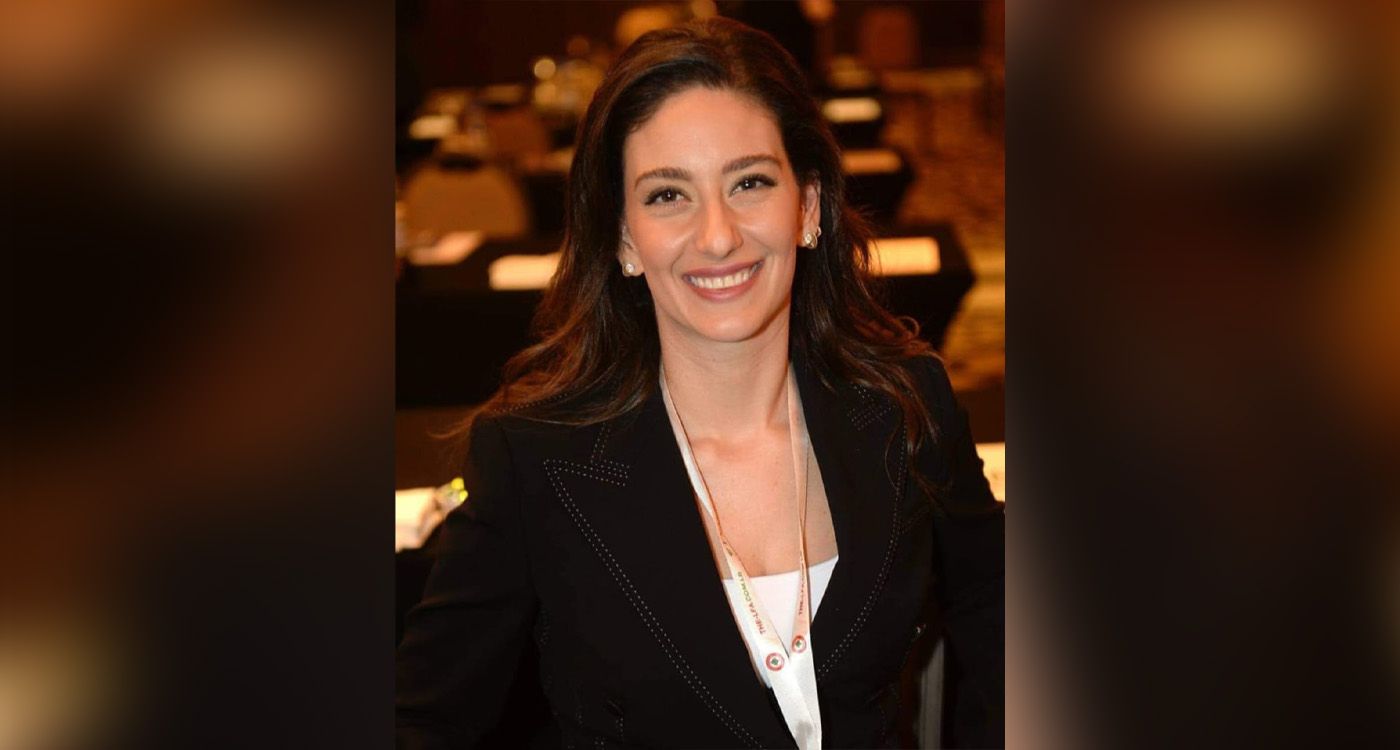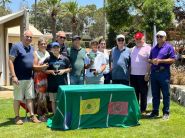
High-flying promotion for a trailblazer: Lebanese Paola Rizk joins FIFA’s Grassroots and Amateur Football Committee with a clear mandate — broaden the base, structure the pathway, and raise visibility for women’s football. This is Beirut laced up its boots to meet this young leader with contagious energy.
In Zurich, the news landed like an opening goal in the 5th minute: Paola Pharaon Rizk has been appointed a member of FIFA’s Grassroots and Amateur Football Committee. From Racing Beirut to international bodies, she has established herself as one of the faces of modern football governance in the Land of the Cedars. This promotion comes as part of FIFA’s overhaul of its permanent committees, designed to broaden participation, ensure geographical balance, and strengthen the presence of women in decision-making.
From Gemmayzeh to Zurich, a counter-current trajectory
Before taking her seat at FIFA’s table, Paola Rizk first shifted the lines in Lebanon. The first woman to chair a football club in the country, she led Racing (Beirut) for two terms in the heart of the storm — economic crisis, pandemic, and the port explosion that devastated her neighborhood and the club’s headquarters. In adversity, she restored order, launched a five-year plan, prioritized youth development, and stabilized the institution. Her style? Listening, collegiality, high standards. “I love sport, I love to serve, I love my country. That’s what keeps me going,” she told This is Beirut. With a strong conviction: ensuring women sit where decisions are made. Under her presidency, three women sat on the club’s board.
A young mother of three boys, she handles this XXL tempo without letting go of her guiding thread: passing it on. A supporter of the Seleção at World Cups, she keeps an unforgettable memory of the most recent final, experienced from the stands: “I still have that final in my eyes. The intensity, the emotion… It reminds you why you love this game.”
This local credibility accelerated her rise to the upper floors. Elected to the Executive Committee of the Lebanese Football Association and recently appointed Head of Women’s Football, she has carried a concrete agenda: give women’s teams visibility, get matches covered, create opportunities, and bring out role models. “The signals are encouraging: we’re seeing progress among young players, more teams, more matches covered. The next step is to structure and endure,” she says, citing the Lebanese U17s’ historic qualification for the Asian Championship.
Not a token seat: a key post
Grassroots — football at the base — is the nerve center of the game. That’s where public buy-in is won, where amateur leagues stay healthy, and where talent is identified and developed: bricks without which the pyramid collapses. Within the Committee, which brings together profiles from across the continents, the Lebanese leader brings rare experience: running a club through crisis, building with limited means, and advancing women’s place in an ecosystem sometimes resistant to change. Her voice will matter in shaping the priorities ahead: standards for academies and school programs, support for federations, bridges between amateur and elite, structuring youth leagues, and better media visibility for women’s and grassroots competitions. “Development starts at the base: train, mentor, give children pitches and matches. That’s where everything happens,” she insisted to This is Beirut.
Lebanon represented, horizons widened
Paola Rizk’s appointment fits within a broader picture: Lebanon is strengthening its presence within international committees, a sign of growing administrative influence and a casting now open to female profiles. For the country, the opportunity is twofold: elevate field needs to the right level (training infrastructure, coach education, refereeing, safety and supervision of grassroots matches) and bring back to Beirut methods, standards, and tools adapted to local realities.
The match that begins now
In the short term, the game plan is clear: capitalize on local momentum (youth national teams, academies, women’s leagues), equip amateur clubs, and emphasize training, data, and supervision. Over time, the ambition is broader: make grassroots an inclusive, merit-based escalator to the elite, so that Lebanese girls and boys no longer have to force the door — it will already be open. “We’re not chasing a one-night feat but steady progress week after week,” sums up Paola Rizk.
For her, moving up to the international stage doesn’t erase the essential: the base. That’s where everything begins, where the matches that truly matter are won — access, equal opportunity, and passion. With that compass, FIFA’s new Lebanese member is not just going to “represent”: she’s going to play. And aim for the most enduring victory of all — growing football’s community and leaving, in Lebanon and elsewhere, pitches better lit than the ones she found.




Comments